|
So I am on a flight from Davao to Cebu, and going through security I had to laugh at what they would see with their x-ray vision. The current contents of my purse: 1 cooked ear of corn, bought from a bus vendor. 1 rotolight, an LED production light. 1/2 eaten bibingka, a wood-fired rice and coconut cake, bought from a bus vendor. 1 very well traveled Kind bar. 1 pack wipes. 1 pack of durian candy. Durian is the big treat here in Mindanao, but I don’t appreciate it as much as other people, so it will be a gift. 1 Sony RX-100 point and shoot camera. 1 sun hat 1 sunscreen stick, because my doc admonished me to keep applying during the day. (Very, very hard to remember, Dr. Wu!) 500 grams of Davao coffee, bought for Doug at the airport. (There’s actually more, but you get the picture. On top of that. I have my backpack with the actual video camera and very precious hard drives of footage, and then a massive duffle full of dirty clothes, tripod, light stands, and a carefully curated selection of accessories and gear.)
I came to Mindanao with one of the directors of My Refuge House, Rose Ann, to film her with her family on her mom’s 66th birthday. The State Department warns Americans not to come here, but I figured they should also warn us not to come to America, land of the random mass shooting. Plus everyone who has actually been here told me it was fine, and I bet the person who wrote that State Dept recommendation has not actually visited. It turns out that it is very peaceful, at least where I went, the Compostela Valley, and like everywhere else I’ve been to in the Philippines, people are friendly, curious, and eager to help and engage. I never felt remotely I danger, and as advertised, Davao (hometown of Duterte) is clean, organized, and orderly. 4 hours from Davao by bus, Rose Ann has helped her family build an amazing little community. Her parents, brother and sister all live in 3 adjacent houses, sharing meals, child rearing, looking after her parents and grandmother, and the water pump that Rose Ann had installed out back. We couldn’t go anywhere without a handful of kids or teens joining us, jumping on the back of the motorbike or running ahead of us on the paths. They were so interested in me and all of the gear I brought, in particular, the fuzzy “dead cat” — a windscreen for my microphone that turns my camera into something like a pet to them. They would literally pet it every chance they got. In the US, a lot of us relocate for our jobs, leaving our parents and families behind, and get together only for holidays or special occasions. We miss out on that ease of communal living, the cousins growing up together like siblings, the aunts and uncles involved in raising them. But it comes at a cost here, too. Rose Ann’s sister works 4 hours away. She comes home every weekend, but during the week, must leave behind her young children. Her husband must raise them —but not alone, there’s a lot of family around. She’s been doing this long distance commute for more than 15 years. So it’s a trade off. But it was great to see how close and familiar everyone was, and others in the neighborhood as well, who come to the pump and wash their clothes and dishes there, and whose kids run around like part of the family. (I’m still not sure of the provenance of some of the children, to be honest). It’s a great way of life, one that I envy and that I think we ought to consider if it could be feasible in our own lives.
1 Comment
Lealin Alcala
10/28/2019 01:43:08 am
Thank you Ms. Jennifer...
Reply
Leave a Reply. |
Categories
All
|

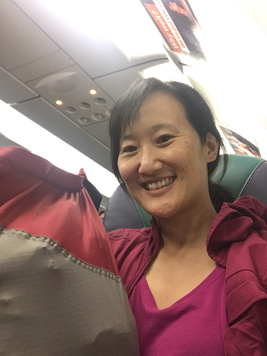
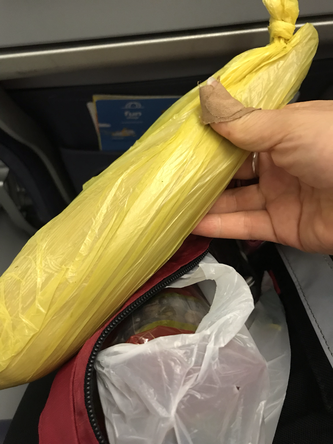
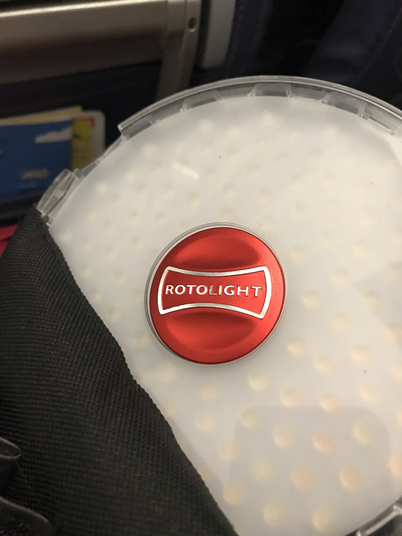
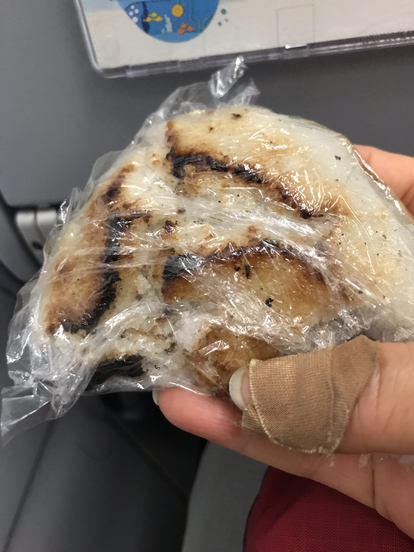
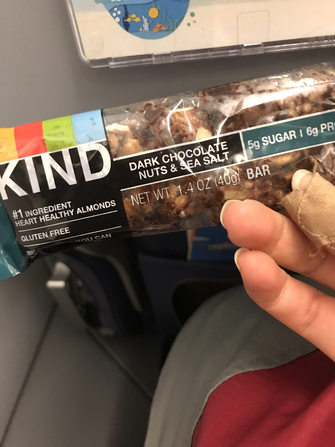
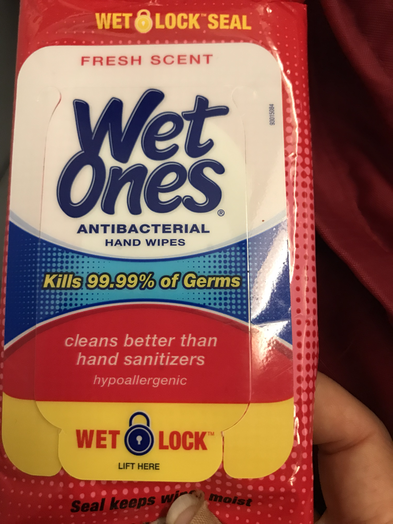
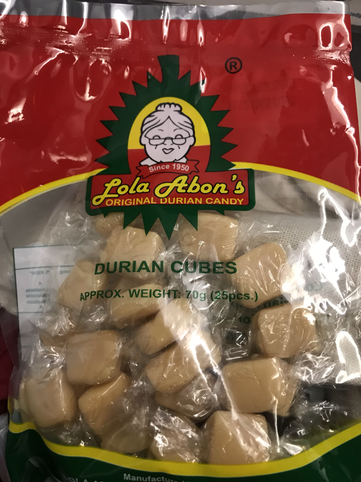
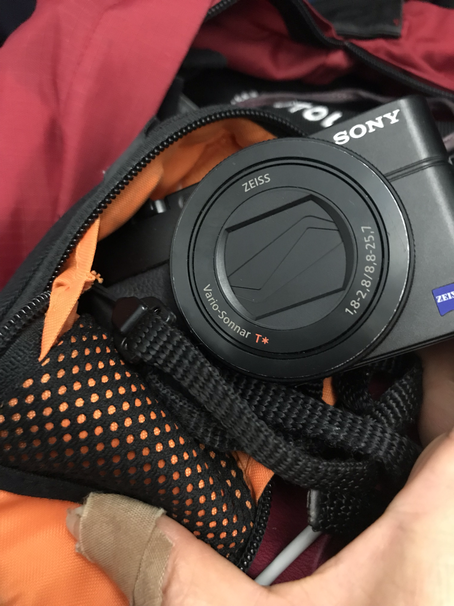
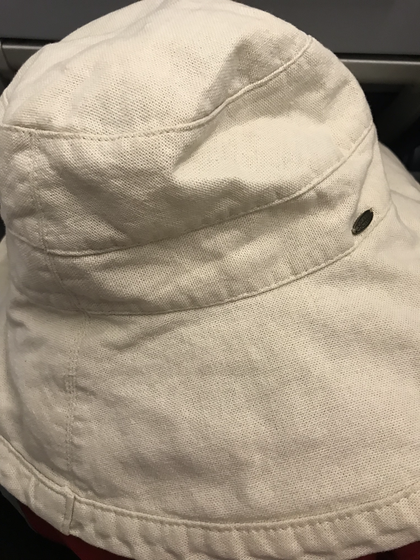
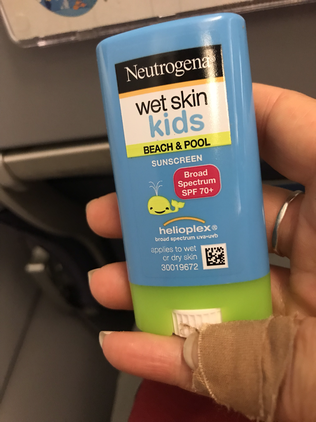
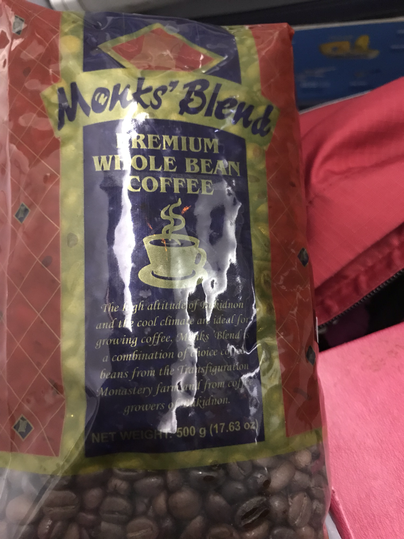
 RSS Feed
RSS Feed